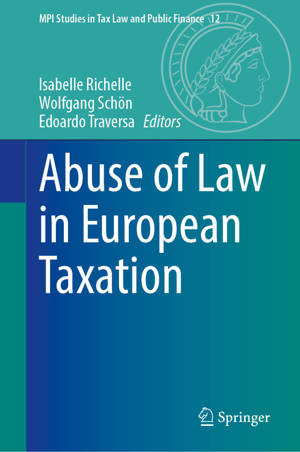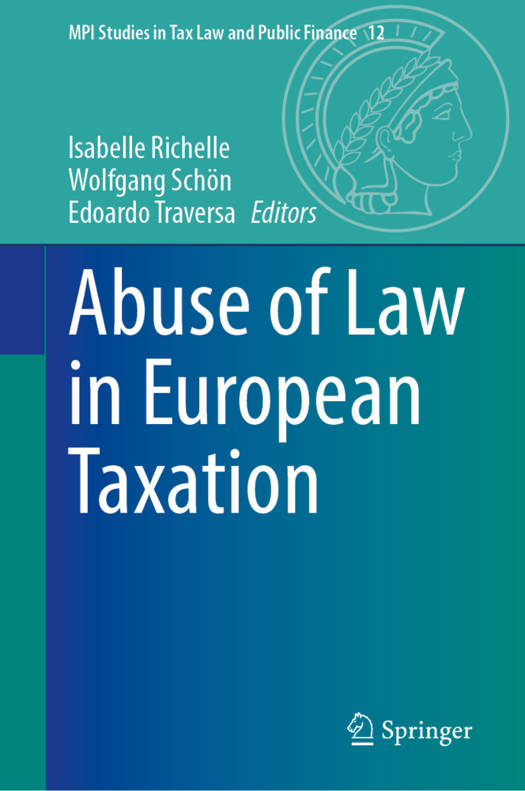
- Afhalen na 1 uur in een winkel met voorraad
- Gratis thuislevering in België vanaf € 30
- Ruim aanbod met 7 miljoen producten
- Afhalen na 1 uur in een winkel met voorraad
- Gratis thuislevering in België vanaf € 30
- Ruim aanbod met 7 miljoen producten
Zoeken
Abuse of Law in European Taxation
€ 210,95
+ 421 punten
Omschrijving
This book explores the meaning and the impact of the concept of abuse of law in European taxation. Fighting abusive arrangements has gained prominence along three different dimensions: as a methodological tool to constrain access to tax benefits under EU law, as a ground of justification for disadvantageous treatment of cross-border activities and investment, and as a policy goal underlying recent EU tax legislation. The contributors to this book--leading academics and practitioners from different European countries--discuss the most burning issues concerning the prohibition of abuse in tax matters. Starting from a general clarification of notions like 'tax avoidance' and 'aggressive tax planning' and informed by a deep-diving comparative analysis of the concept of 'abuse', the authors examine special anti-avoidance rules both in EU legislation on indirect taxes and under the existing EU corporate tax directives. Furthermore, the authors shed a critical light on the effect of European fundamental freedoms on national anti-abuse provisions. Last but not least the impact of the recently introduced Global Minimum Tax (GloBE) on the operation of anti-abuse rules receives scrutiny. In the end, the book tries to answer whether these different fields of application are informed by a unified notion of fiscal abuse. Given the world-wide momentum behind the fight against fiscal fraud and tax avoidance, the analytical approach of this book, bringing together different strands of legislature and jurisprudence, will be of substantial value for the work of both practitioners and scholars in the field of EU taxation.
Specificaties
Betrokkenen
- Uitgeverij:
Inhoud
- Aantal bladzijden:
- 204
- Taal:
- Engels
- Reeks:
- Reeksnummer:
- nr. 12
Eigenschappen
- Productcode (EAN):
- 9783031870118
- Verschijningsdatum:
- 6/06/2025
- Uitvoering:
- Hardcover
- Formaat:
- Genaaid
- Afmetingen:
- 155 mm x 235 mm

Alleen bij Standaard Boekhandel
+ 421 punten op je klantenkaart van Standaard Boekhandel
Beoordelingen
We publiceren alleen reviews die voldoen aan de voorwaarden voor reviews. Bekijk onze voorwaarden voor reviews.










